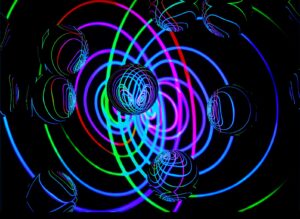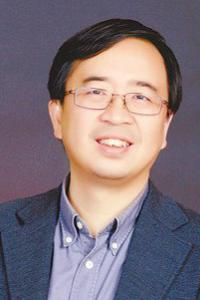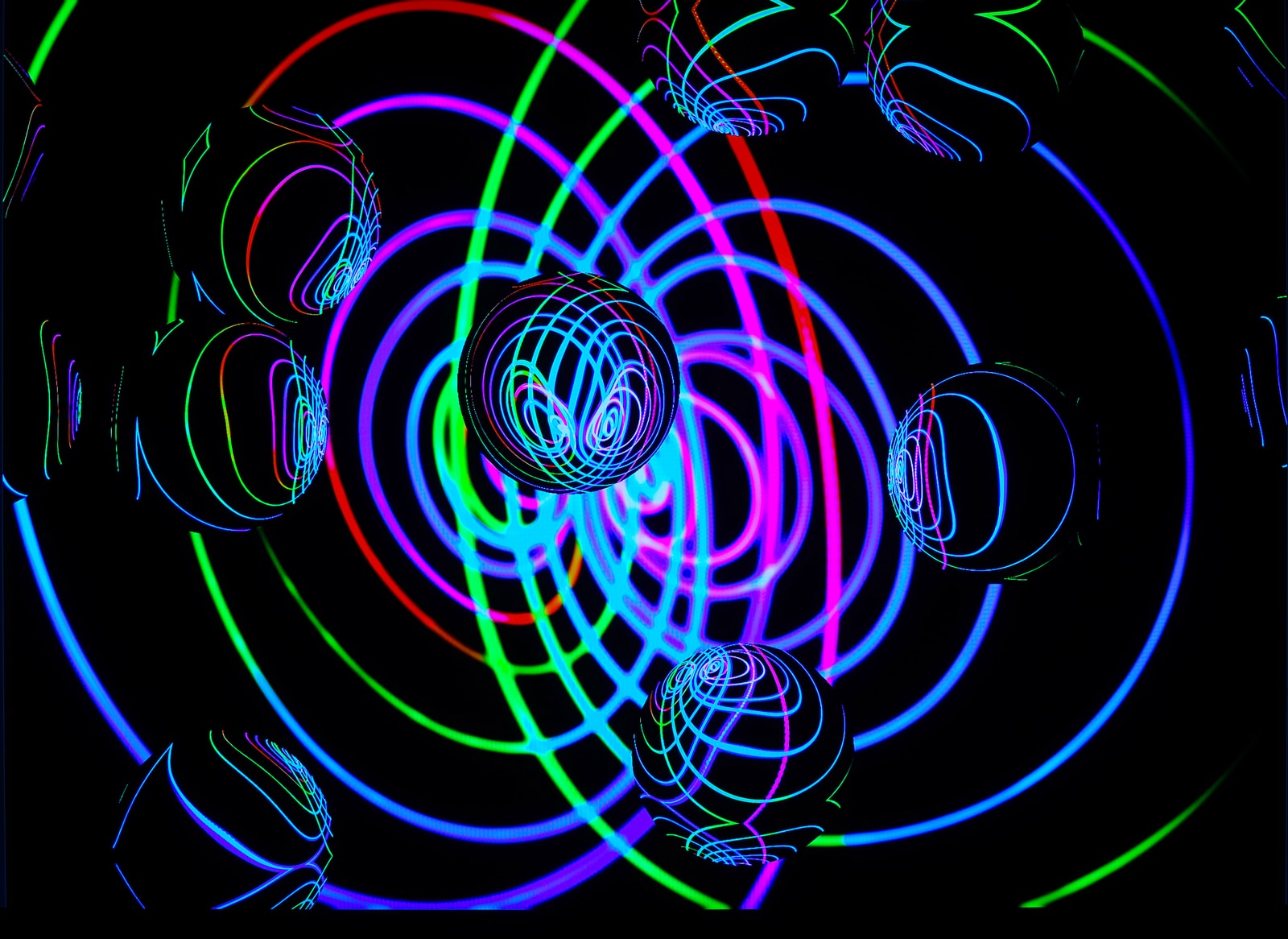
When most people make predictions about the timetable of quantum computing adoption, you take it with a grain of salt. When a leader in quantum research — and a pioneer in several approaches to quantum computing — you give it a bit more credence.
Jian-Wei Pan, who is one of the key researchers in quantum research and often referred to as the father of China’s quantum program, told a Spanish newspaper that he could see quantum computers providing practical solutions before the end of the decade.
 In El Pais, Pan says that a lot more work needs to be done before quantum qubits are jut as stable as physical qubits, but expects that this achievement will happen in the relatively short term, not the long term.
In El Pais, Pan says that a lot more work needs to be done before quantum qubits are jut as stable as physical qubits, but expects that this achievement will happen in the relatively short term, not the long term.
The key will be overcoming the noise and imperfections of current quantum computers, which are still susceptible to noise, according to Pan, who serves as a university administrator and professor of physics at the University of Science and Technology of China.

“Building a practically useful fault-tolerant quantum computer is one of the great challenges for human beings,” he told the newspaper. “I am more concerned about how and when we will build one. The most formidable challenge for building a large-scale universal quantum computer is the presence of noise and imperfections.”
If scientists and engineers do overcome those challenges, he expects useful quantum computers within five years.
“We need to use quantum error correction and fault-tolerant operations to overcome the noise and scale up the system,” he said. “A logical qubit with higher fidelity than a physical qubit will be the next breakthrough in quantum computing and will occur in about five years.”
Pan adds that the power of quantum computers may not just restricted to big university and government labs. He expects cloud services will patch homes and businesses into quantum computers.
“In homes, quantum computers would, if realized, be available first through cloud services,” he said.
Pan is a 1987 graduate of the Science and Technology University of China (USTC) and earned his doctorate at the University of Vienna, where his thesis supervisor was physicist Anton Zeilinger.
Zeilinger said, “I cannot imagine the emergence of quantum technology without Jian-Wei Pan.”
Pan’s achievements include the demonstration of quantum supremacy with a superconducting quantum computer, Zuchongzhi and using the photonic quantum computer, Jiuzhang.
Pan spoke to the newspaper about a recent research paper conducted in collaboration with physicist Adán Cabello, from the University of Seville. The collaboration led to findings that demonstrated the role of complex numbers in quantum mechanics, which could lead to more progress in the development of quantum computers.
Pan told the newspaper: “Physicists use mathematics to describe nature. In classical physics, a real number appears complete to describe the physical reality in all classical phenomenon, whereas a complex number is only sometimes employed as a convenient mathematical tool. However, whether the complex number is necessary to represent the theory of quantum mechanics is still an open question. Our results disprove the real-number description of nature and establish the indispensable role of a complex number in quantum mechanics.”
Cabello added: “It’s not only of interest regarding excluding a specific alternative. The importance of the experiment is that it shows how a system of superconducting qubits [those used in quantum computers] allows us to test predictions of quantum physics that are impossible to test with the experiments we have been carrying out until now. This opens up a very interesting range of possibilities, because there are dozens of fascinating predictions that we have never been able to test, since they require firm control over several qubits. Now we will be able to test them.”
The study was published in Physical Review Letters.
If you found this article to be informative, you can explore more current quantum news here, exclusives, interviews, and podcasts.















